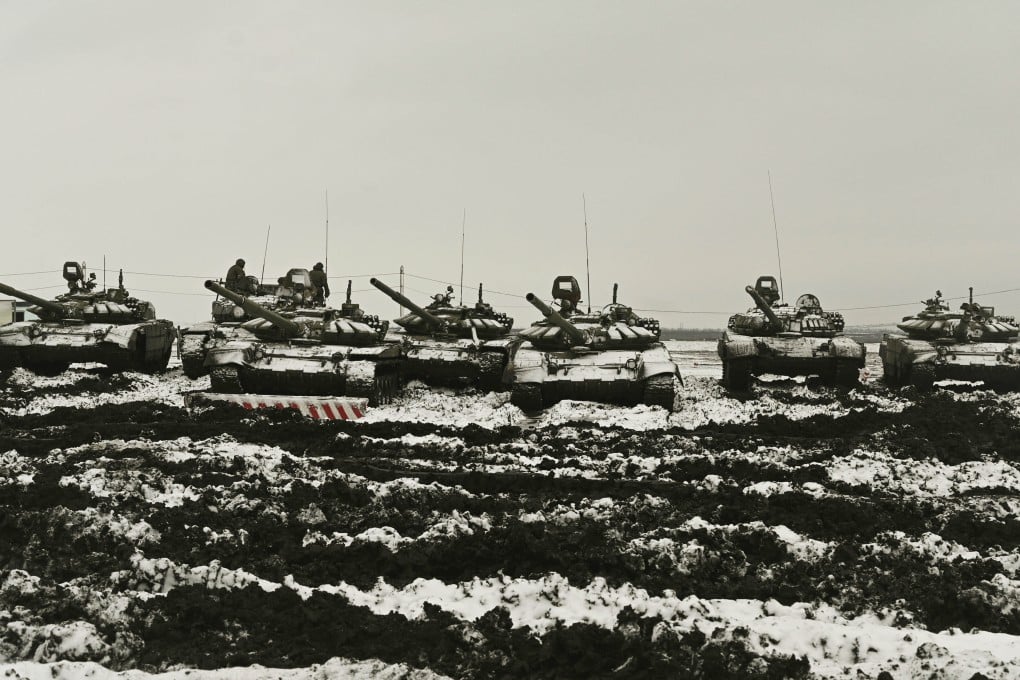Russia says nuclear missile crisis is unavoidable; slams US, Nato response to its demands
- Kremlin spokesman Dmitry Peskov described tensions as reminiscent of the Cold War and said a crisis between Moscow and Washington was unavoidable
- He said Russia’s main demands being unacceptable did not leave a lot of room for optimism but that Moscow would continue the dialogue

Russia said that a nuclear missile crisis between Moscow and Washington was unavoidable without measures to ensure restraint and predictability, the TASS news agency reported.
Vladimir Ermakov, a senior Russian foreign ministry official, said Moscow thought the United States was preparing to deploy short and intermediate range missiles to Europe and the Asia-Pacific region, the report said.
The TASS report came as talks over defusing a crisis in Ukraine, where the two countries are at loggerheads over a build-up of Russian troops on the border, remained at an impasse.
Russia criticised US and Nato security proposals aimed at defusing a crisis over Ukraine, while still leaving the door open for further talks.
This comes a day after the US and the North Atlantic Treaty Organization delivered written responses to Russia, broadly rejecting Moscow’s demands that the Western alliance close its door to Ukraine’s potential future membership and roll back forces from former Soviet states.
On Thursday, the Kremlin decided there was room to continue dialogue with the United States, but that it looked clear Russia’s main security demands had not been taken into account by Washington.